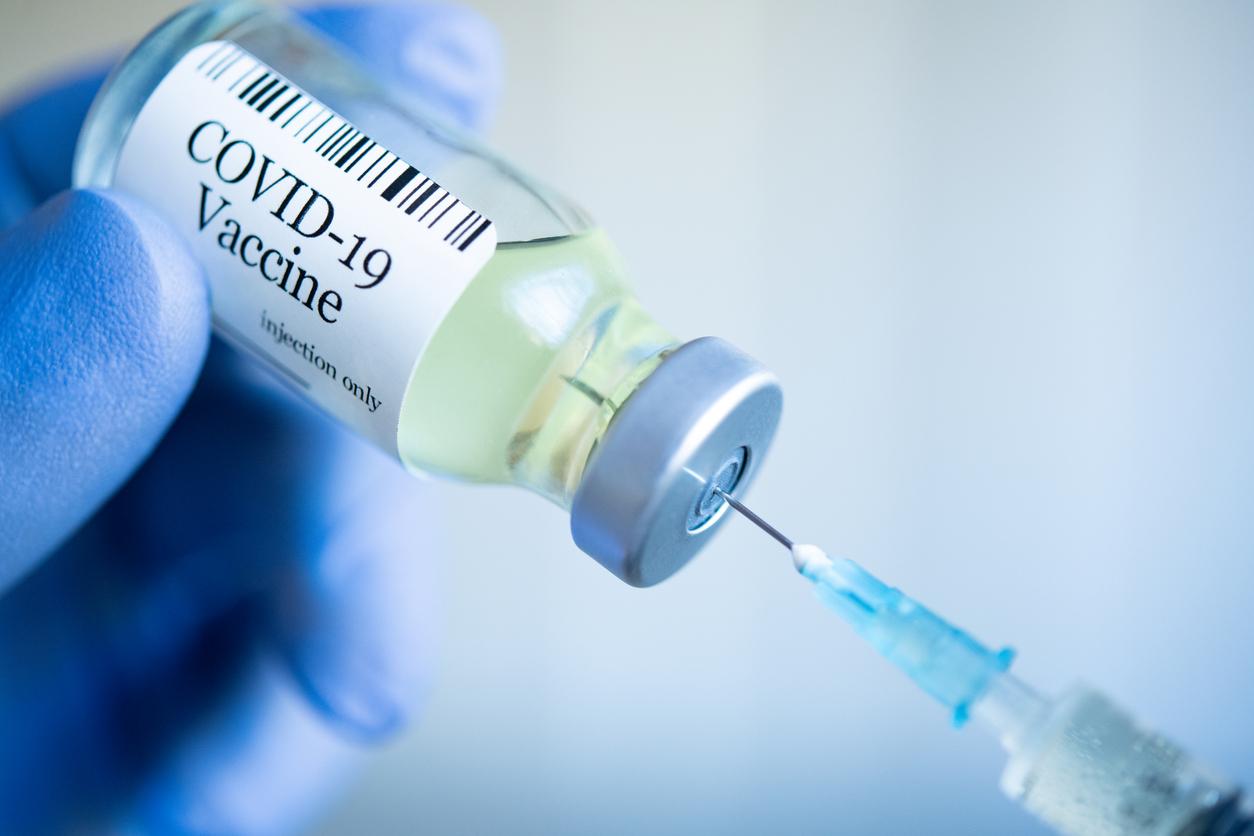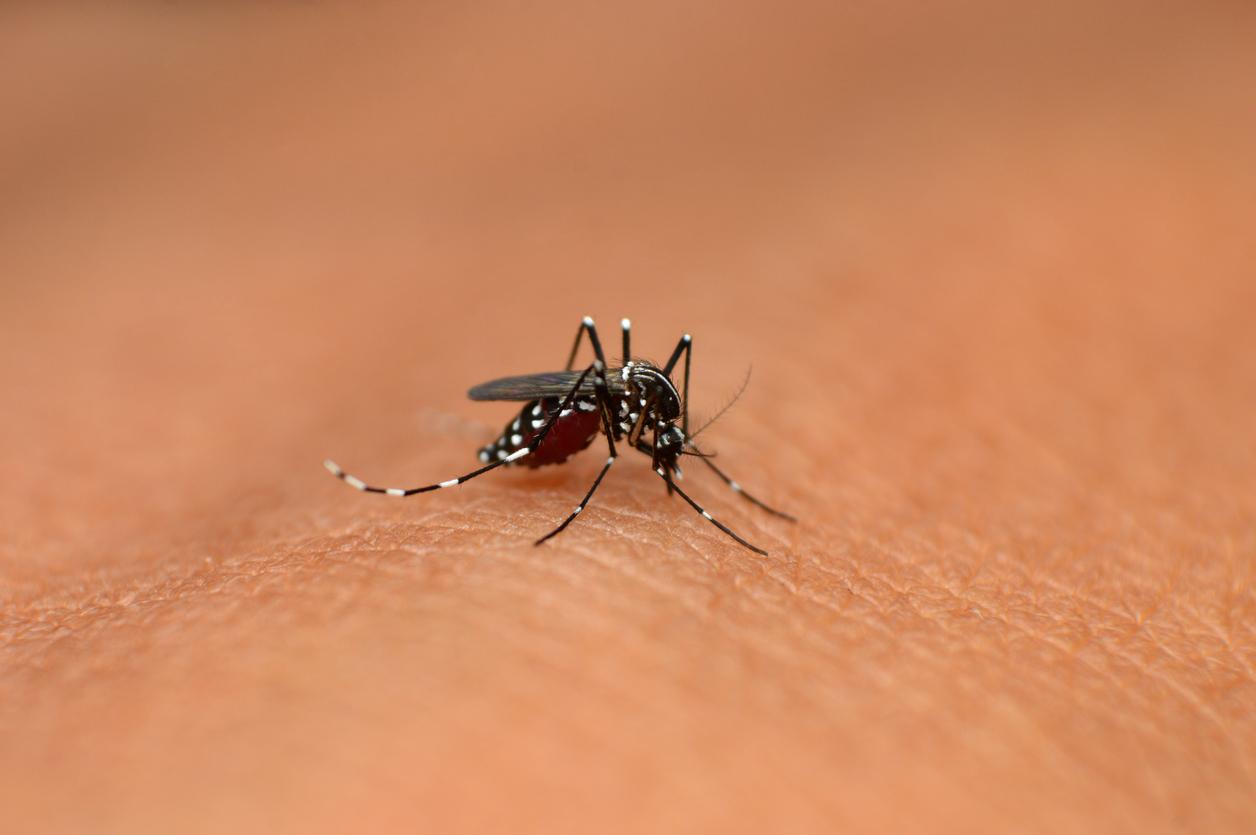Psychology would play an important role when it comes to the side effects of vaccines.

- Psychology would have an important role in the development of side effects after vaccination.
- People suffering from anxiety or depression before vaccination would be more likely to have side effects.
- Conversely, those who had positive expectations of the vaccine had few side effects.
In France, 60.4% of the population received a complete primary vaccination and a booster dose against Covid-19 according to Public Health France. Among them, some have reported side effects after injecting the serum. But are they linked to the vaccine itself or to the psychology of individuals? According to a study published in the journal JAMA Network Openhaving a negative attitude towards vaccination could increase the risk of suffering side effects.
Side effects favored by bad psychology
To arrive at their results, the scientists studied data from 1,678 adults who received a second dose of mRNA-based Covid-19 vaccines – Pfizer or Moderna – in Germany, between August 16 and August 28, 2021. They had to record their symptoms for two weeks before being given the dose until seven days later.
Results: Participants who did not believe that the vaccine could bring them anything beneficial or, worse, those who believed that it caused harmful side effects tended to “make benign bodily sensations they felt catastrophic instead of normalizing them”. On the other hand, those who had previously had negative experiences with other vaccines reported more pain and other ailments.
Participants who, before vaccination, suffered from anxiety, depression and other psychosocial factors reported more adverse side effects after vaccination. Conversely, people who had positive expectations of the vaccine had few side effects.
Psychosomatic and nocebo effects of vaccines
Thus, the researchers believe that there would therefore be a psychosomatic effect in the side effects generated by vaccines, that is to say physical symptoms whose causes are essentially emotional or psychic.
Scientists also speak of the nocebo effect of vaccines. According the National Institute of Health and Medical Research (Inserm), it is a “psychological or physiological effect associated with taking an inert substance (such as a sugar pill or saline solution), which has no documented pharmacological effects [mais qui] has deleterious effects for the individual”. In other words, there is an amplification of the bodily sensations felt.
“Clinician-patient interactions and public vaccination campaigns can benefit from this data by optimizing and contextualizing the information provided on Covid-19 vaccines, explain the researchers in remarks reported by the washington times. Related side effects [à l’effet] nocebo could then be avoided and overall vaccine acceptance could be improved.“



















